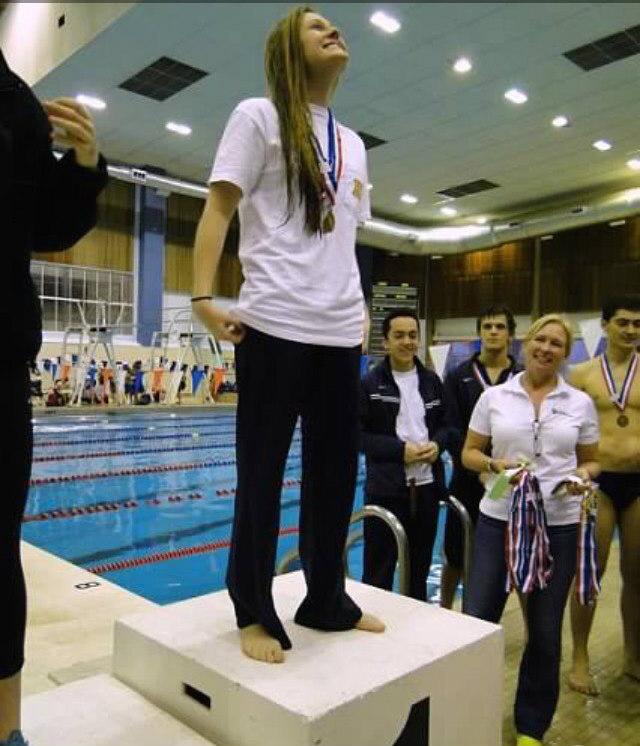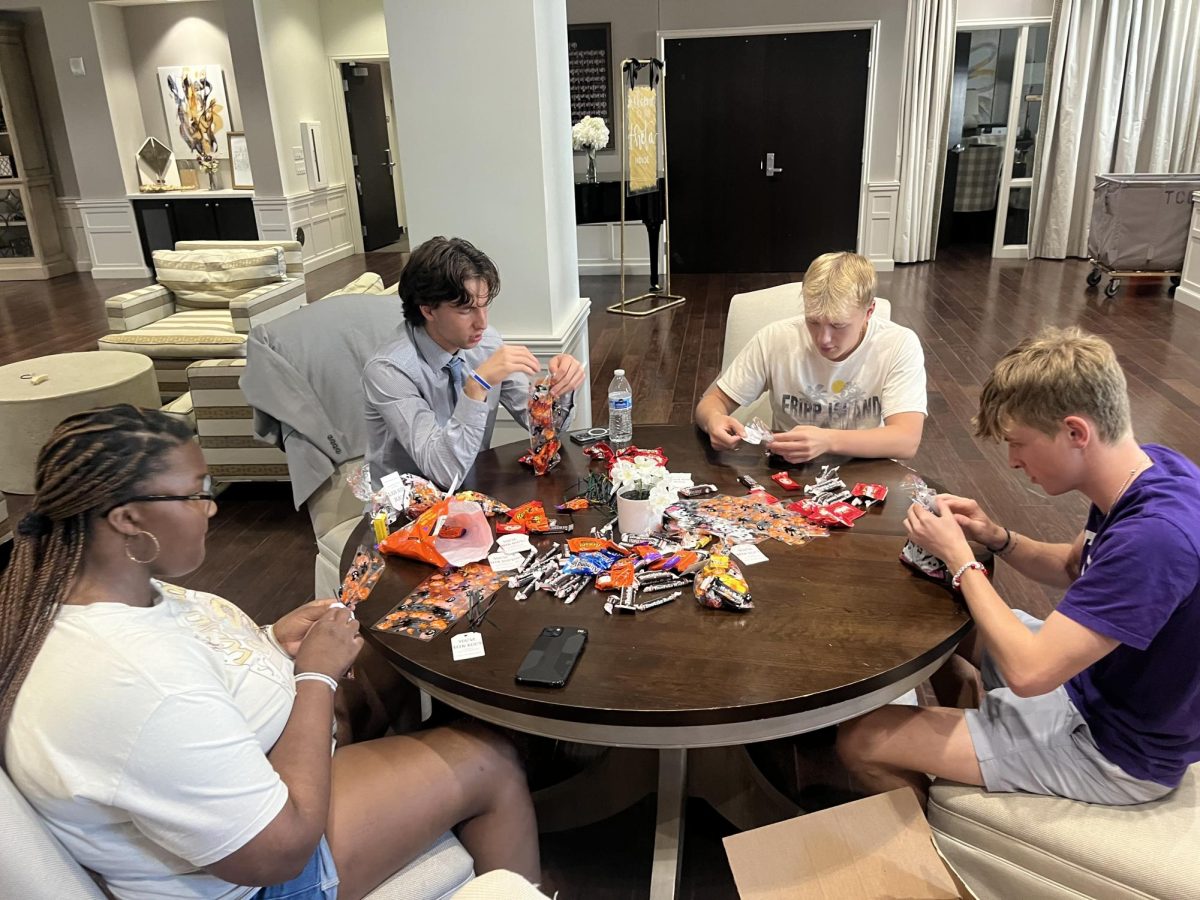When Margaret Yung was 17 years old, she took her collapsed sister off the bathroom floor to the hospital, where she was treated for malnutrition. Yung’s younger sister had deprived her body until it was too weak to function properly.
Watching her sister develop and recover from anorexia nervosa sparked a thought that would soon become something very real.
“Watching my little sister morph from something so happy and beautiful kind of affected me in a negative way,” Yung said. “She obviously saw something that she didn’t like, should I be looking at myself?”
Yung said that, even though she saw her sister’s struggle firsthand, she began heading down that same road. Yung said that all of these problems were heightened during her freshman year at TCU, when her parents were no longer there to monitor her eating.
“I was ashamed of what I looked like,” Yung said. “I’m in a sorority and all the girls are so amazing and so beautiful. I compared myself to so many other people, and that just kind of wrecked me.”
Yung began making excuses for why she was not eating her meals. She said she was able to get away with it for a while because she was always in athletic clothes and her body type was usually on the smaller side.
Yung said she originally hoped to walk onto the swim team at TCU but suffered an injury her senior year of high school that kept her from pursuing athletics in college.
“It really messed with my head because my identity was so wrapped around swim,” Yung said. “I thought I’d always be fit and it just got to a point where I was like, ‘I’m not a student athlete anymore, what do I do?’”
Yung began frequenting the gym more and dropped ten pounds her first semester. She said she remembers being so exhausted that every time she sat down in a car she would “fall asleep like a little kid.”
Yung’s mother talked to her about her behavior over fall break. Yung said her mother compared a picture of her at her high school graduation to a recent picture of her taken in college.
This helped Yung realize that something needed to change. She said she is grateful for all the people in her life that cut her off before she did anything drastic.
“I’m so lucky I had so many people in my life shake me awake and to just look at me and say, ‘You are not doing this the right way’,” Yung said.
Licensed master social worker Ali Hankins said college can make or break those who already have eating disorders. Hankins recovered from anorexia nervosa herself and now specializes in counseling adolescent and young adults.
“I think the way your brain’s developed at that time, you’re really comparative, so it can be really difficult,” Hankins said. “But I think if you have a supportive group of friends and a noncomparative environment, it can be an asset.”
TCU Campus dietitian Lindsey Mathes said 75 to 80 percent of the students she sees struggling with eating disorders faced similar problems in high school. She said most of them had reached a normalized state, but the immense change college brings can often act as a trigger and resurface these problems.
Mathes said if you know someone you feel may have a problem or that could potentially be a danger to themselves, call the Counseling and Mental Health Center. Students may report others anonymously if they would not like to get involved.
Mathes also said all students are welcome to come into her office. She is more than happy to help anyone who wants to discuss food, dieting, healthy alternatives and more.
“If you feel just not great about yourself, go and talk to somebody. It doesn’t have to get that far before you should seek help,” Mathes said.




